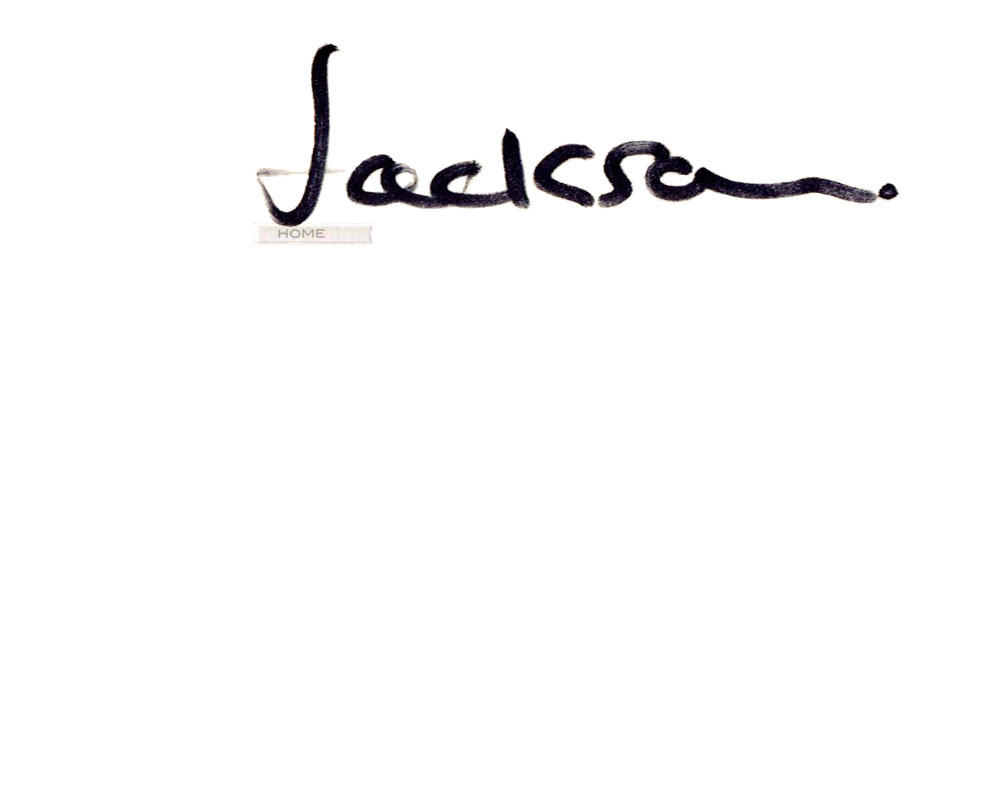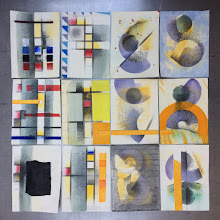I've just watched a video posted by a b-uncut friend (link). I wouldn't have made it through all 3 mins:33 secs. had I not been virtually invited by the maker.
The virtual connection was probably the most telling part of my watching experience for how else would the artist have found me as a viewer, and without the virtual how might I have seen this video at all?
There is in fact nothing I wanted to say about the work which left me cold, failed to absorb me and told me nothing of the past, present or future that I didn't already know. The work isn't awful, it has merits, it is a good try and I like that.
To be gratuitously acerbic and while I have my kicking boots on: it is entirely predictable in the shaky emotive camera work, the imagery is neither revealing nor is there a surprise; the gimmickry is amateurish and the soundtrack tacked on top could equally well be wired into the ears whilst wandering around the Taj Mahal or riding on a bus. Perhaps I'm revealing too much in mentioning that the piece is entitled 'Trip'. Notwithstanding all, I 'liked' it.
I wonder though whether I'm giving the artist, the work, or me the viewer, a fair crack by seeing it in this fashion?
I'm tempted to answer my own question with a 'yes' because it is a video short made for YouTube, so on YouTube or similar is how to see it.
I could have pasted my thoughts into the comment box where you find smiley emoticons and not-all else, but, why bother going to all the trouble just to slate a piece of work in the way I have? Have any of us got the time to respond?
Everything has its own terms, and there is the argument to consider that the work with an online presence stands or falls by those parameters alone. A vid on YouTube dies or thrives on views. Merit is defined and criticism encapsulated by view figures. Why work harder, why buck that system?
Is this then the quality of criticism we must rely on for poems, prose-pieces, paintings, music and for all work put up on the web?
" Everyone says, I love it, great job, all those wonderful things a person wants to hear. That's bullshit. It can't all be good (so I must trust the judgement of those who expect more. "
. . . complains Mr Botched Resolution (link), and he's right.
'Good work', a 'like', a smiley emoticon is all you get criticism-wise online, and it is easy to like a poem, image, prose piece or clip. The painting online does not impinge on your space, the poem doesn't collect dust or boring beetles or get damp, music and videos get dropped into the software and are only missed or even remembered in random selection or when the system fails.
For a painter, viewing paintings online is the hardest. I suspect I like a lot on the screen that would grieve me if I were to see the work live. By the same token I must miss as much and when you can't trust your judgement in this way, almost any criticism seems out of place.
You have to sit through the movie, to read the whole book, to pay attention to that song . . . to plough to the poem's end before the investment in time gives one the ability, gives the liberty to criticize.
Online, if I don't like one thing - gone it is in a click and here comes the next. Why stop to examine?
The critical flaw in online criticism is that there is no middle ground, no hesitance, no lingering or gathering appreciation. If there's the slightest uncertainty we click past and say nothing. We get nothing back either, or nothing between 'its great' and a mad blast of obscenities.
Occasionally I get advertising - now that's an odd one.
'How exciting!' I think. 'I have a response' but not a comment on my work, instead: an invitation to view someone else's or to buy a something else completely.





























Is this a montage of Rightmove and Google Streetview?
ReplyDeleteSx